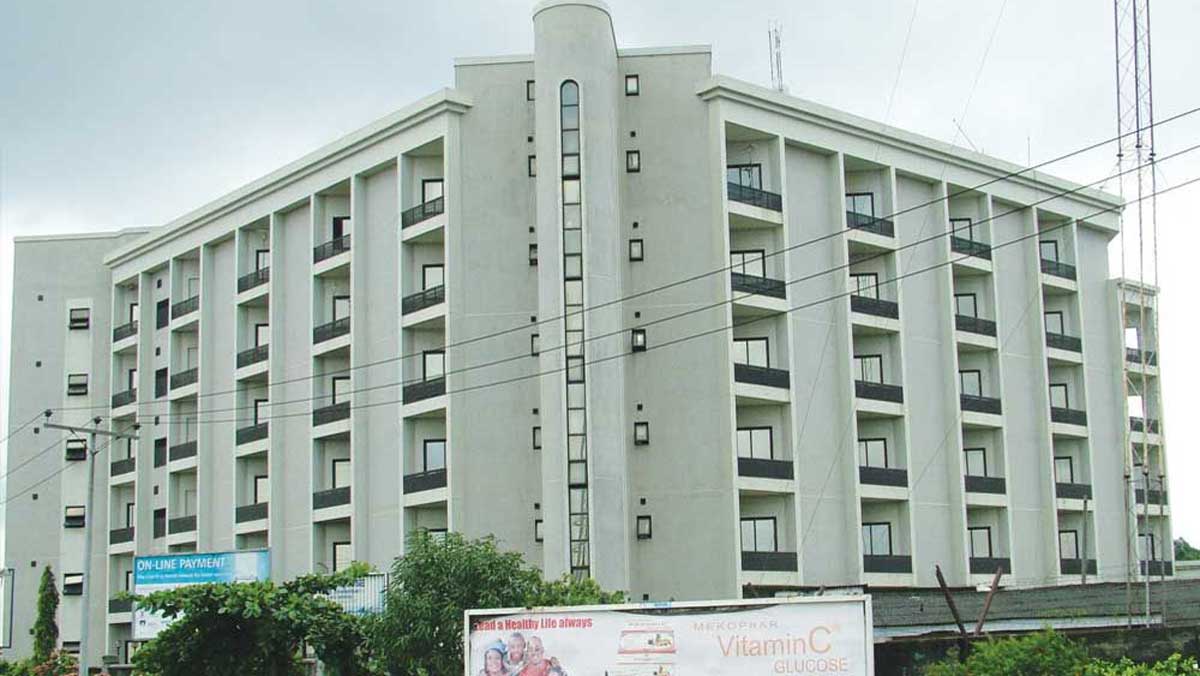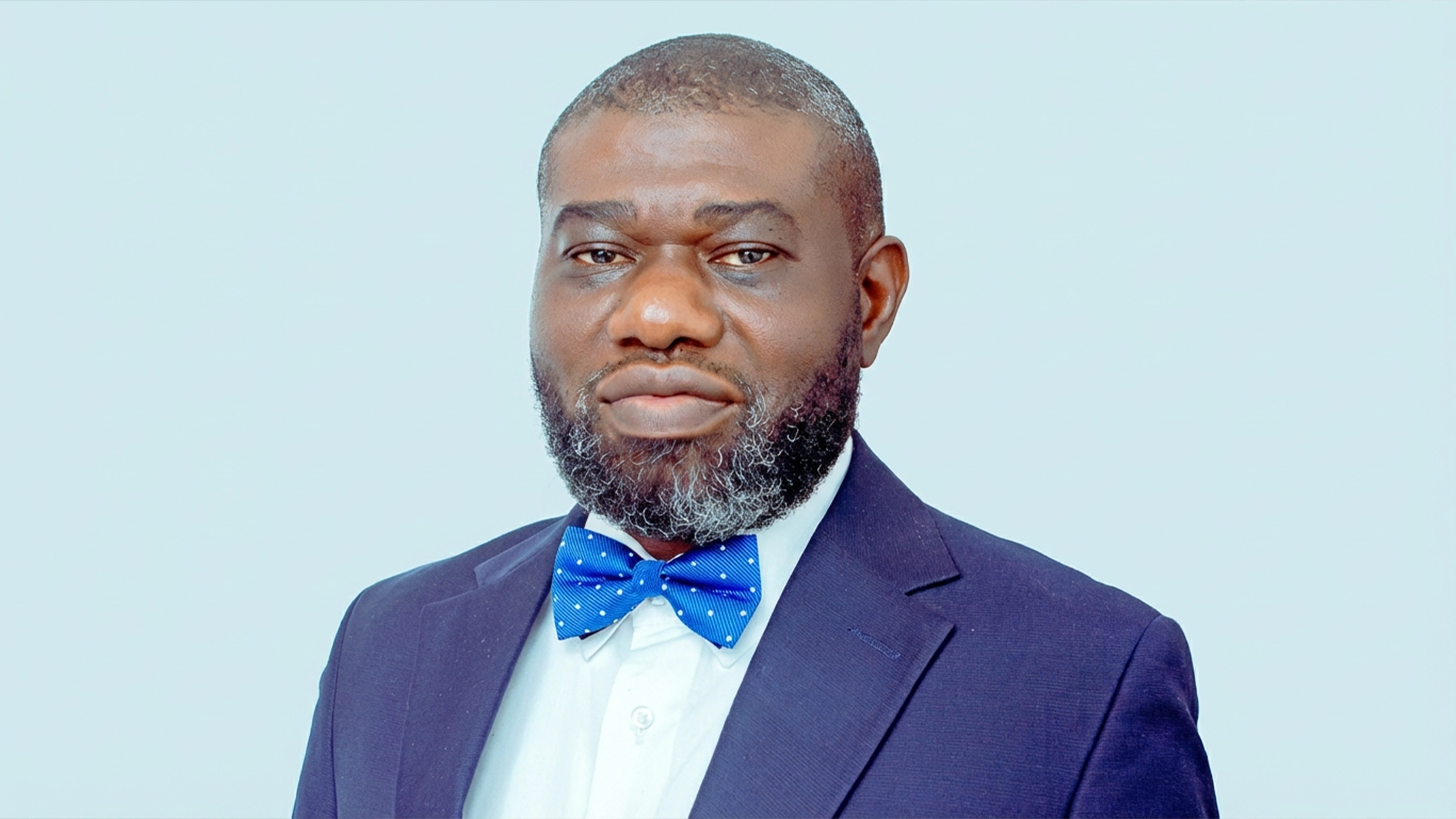
SIR: What essentially necessitated the question ‘‘Where is Lagos State Water Corporation?’’ stemmed from the awareness that the Lagos State Water Corporation, a public institution established to provide Lagosians with safe drinking water in sufficient and regular quantity, has persistently remained elusive in its delivery to Lagosians of this essential mandate. The corporation is also charged to maintain good quality service through revenue generation to sustain operations, meet customer expectation by planning sustainable growth and promote community health by good portable water. The failure and failings on part of the state government occurs in the face of global recognition of water as a prime necessity of life; that all living animals and plants cease to exist without it.
Historically, the Lagos Water Corporation (LWC) has gone through various developmental stages since its inception. It was formerly known as the Federal Water Supply (Under Federal Government), established in 1910, with the construction of Iju Waterworks. The waterworks was commissioned by Mr. Lord Luggard, the then Governor General of Lagos, in 1915 at Obun Eko Area of Lagos. Treatment plants and equipment were installed under the corporation continuous expansion schemes.
Asiwaju Bola Ahmed Tinubu as the third executive governor, Lagos State, rechristened it Lagos Water Corporation (LWC) in the year 2004, by virtue of Lagos State Water Sector Law (No. 14).
However, years after, Lagos, that prides itself as a mega city, has sadly continued to wear the toga of a location where access to formal clean water is abysmally low, with the majority of its residents relying on the informal sector comprised of wells, boreholes, rivers and rain water. From Ketu to Ikorodu, Ogba Ikeja to Ajah, Surulere to Alimoso, the story is the same.
Going by the United Nations declaration, there is sufficient water to satisfy the needs covered by the right to water in virtually all countries of the world – it is much more a question of equitable distribution. On average, overall household water use accounts for less than 10 per cent of total water use, while industry and agriculture are the largest water users. The right to water is limited to basic personal and domestic needs, which account for only a fraction of overall domestic use. Even in the context of climate change, which affects overall water availability, water for personal and domestic uses can still be ensured, if prioritised as required by human rights law.
For the corporation to operate effectively and meet its duties to more than 18 million people in Lagos State, the present administration in the state should increase the its total water production capacity. Also, it should renew effort to solve the problem of water shortage and ensure steady supply for the growing population of Lagos by implementing the Lagos Water Supply Master plan as a “Road Map.”
•Jerome-Mario Chijioke Utomi is the programme coordinator (Media and Policy), Social and Economic Justice Advocacy (SEJA), Lagos.






